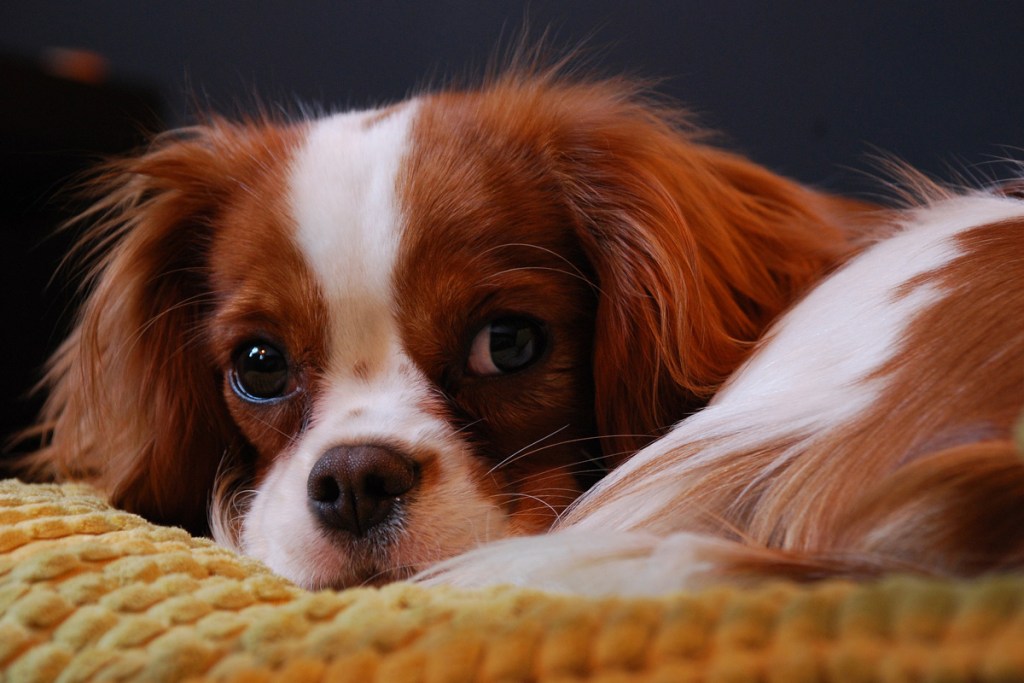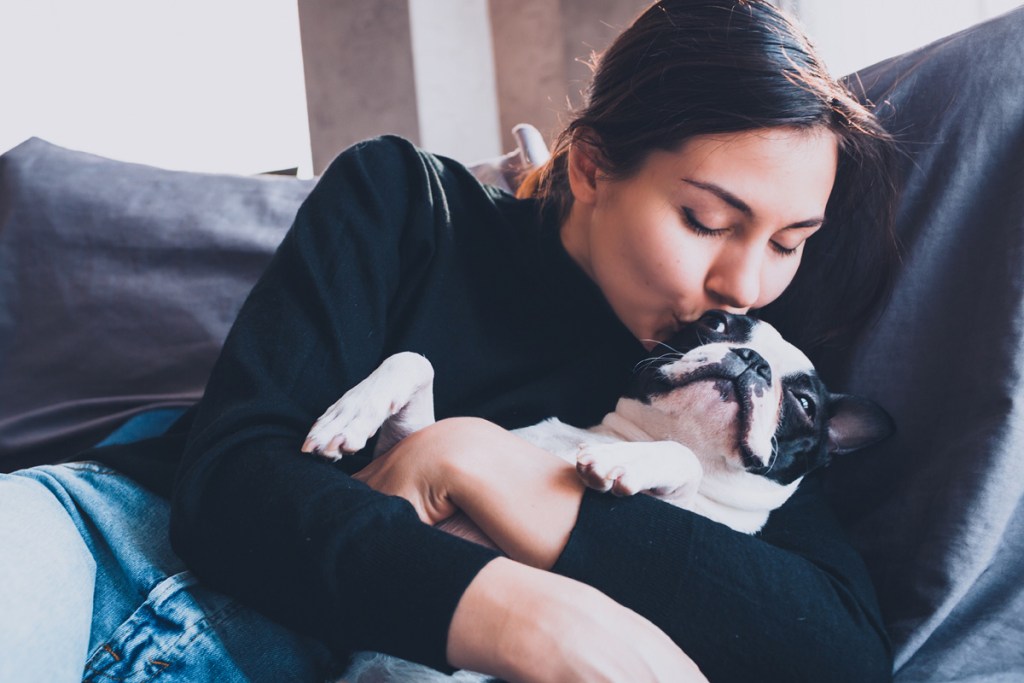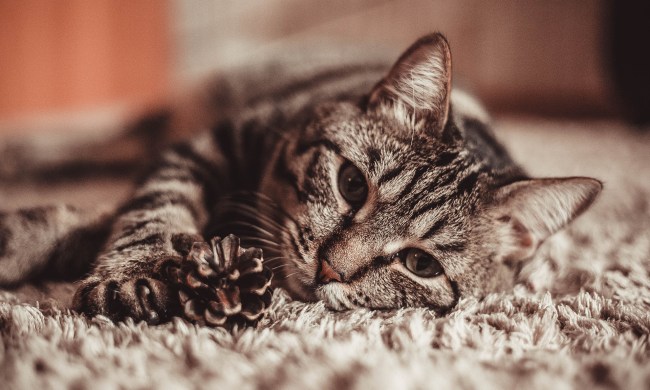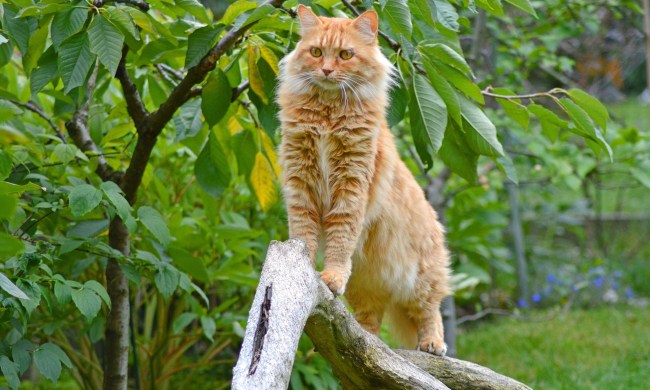If you live in an apartment and plan to get a dog, size matters. Many landlords don’t allow large breeds because they fear the dogs won’t be happy living in a small space and may cause damage. Also, property managers worry about the dangers larger dogs might pose to other residents. But size isn’t the only consideration when choosing an apartment dog. You want to look for a breed not known for incessant barking or prone to separation anxiety that could lead to destructive behavior. Whichever breed you choose to share your apartment, remember that all dogs enjoy daily walks, with some needing more exercise than others. Following are six dog breeds who don’t need a lot of space.
Bichon frise
The Bichon Frise Club of America describes these dogs as fun-loving “small white sturdy powder puffs.” These dogs love people and are gentle and affectionate, making them a great choice for living in an apartment complex. Bichons are nonshedding, and many people with allergies find it easy to live with this breed. A monthly visit to a professional groomer for a bath and haircut will keep these dogs happy and healthy.

Cavalier King Charles spaniel
In dog-fancy circles, this breed is referred to as a “comforter” spaniel. According to the American Cavalier King Charles Spaniel Club, these dogs were never bred to be anything other than a small, beloved, gentle lapdog. That makes them an excellent companion when living in a small space. They are friendly pups who get along with people of all ages and other dogs. This spaniel’s beautiful silky coat can be kept healthy with regular brushing and an occasional bath.
Shih tzu
Being cute is what these little dogs do best. They were bred to serve as royal lapdogs and that makes them a perfect fit for living in apartments. A shih tzu’s coat should be brushed a few times a week, and a bath every three to four weeks will keep the coat and skin healthy. The long hair on top of his head should be trimmed short or tied up into a topknot to prevent eye irritation. Many pet parents opt for less coat maintenance by having a professional groomer clip the coat into a puppy trim.
Shiba inu
These dogs originated in Japan, where they were bred to flush birds and small game. Now, they are primarily kept as pets both in Japan and the U.S. According to the National Shiba Club of America, there are more shiba inus in Japan than any other dog breed. While they do have an independent streak, they make loyal companions. These foxlike dogs are great for apartment living because they are relatively quiet, easy to housebreak, like to keep themselves clean, and will be polite to neighbors if properly socialized. Their beautiful coats need to be brushed only once or twice a month except during spring and fall shedding season, when they need to be brushed daily to remove loose hair.
Soft-coated wheaten terrier
These dogs were bred to work on farms and as family companions in their native Ireland. They are known for their soft, silky coats and happy-go-lucky personalities. According to the Soft Coated Wheaten Terrier Club of America, these dogs can adapt to life in the country or the city if they get enough daily exercise. Breed experts recommend waiting until children are older to bring home a wheaten. These terriers will bark to alert the family when a stranger approaches but are generally quieter than smaller terriers, making them perfect for apartment living. Regular trips to the groomer for a bath and trim along with daily brushing at home will help avoid matting and keep this terrier’s coat healthy.

Boston terrier
According to the Boston Terrier Club of America, this breed excels at being their person’s “best friend.” They are great all-around dogs — happy to be a child’s playmate or a lapdog for a senior pet parent. Bred as companion dogs, these terriers love to hang out with their family. Because of this pup’s impeccable manners, American Kennel Club experts say Bostons have earned the nickname “The American Gentleman.” They are quiet and eager to learn and can live happily in an apartment environment.
Remember that as a pet parent who also happens to be a tenant, it’s your responsibility to obey the rules. That includes always picking up after your dog does his business and making sure he is polite around people and other dogs. In no time at all, you’ll be making lots of new friends as you walk around the neighborhood with your well-mannered roommate.



